Electric cords, or power supply cords, consist of a conducting medium, typically copper, an insulating material, and an outer protective jacket. Power supply cords are usually permanently affixed to a piece of equipment or appliance and are used in fields such as sound and lighting equipment, retail appliances, electrical power tools, and for many personal appliance uses. Read More…
Our customers find we have the highest standards when it comes to quality, and delivery. Quail Electronics is a worldwide power cord supplier, offering power cords and various other products.
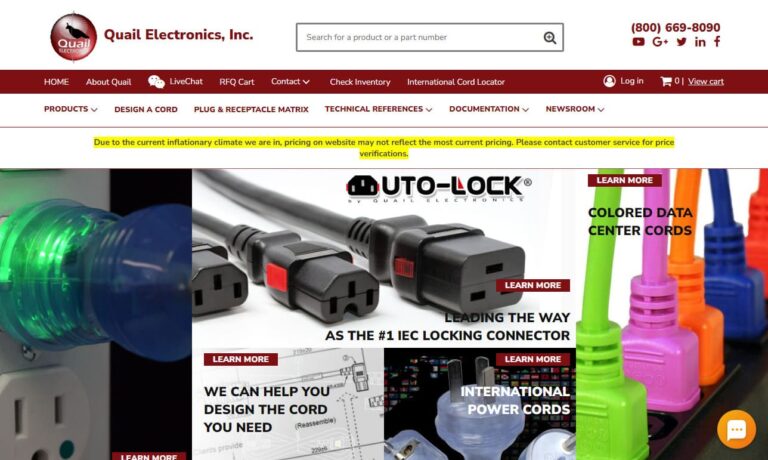
All of our power cords are tested and stand up to rigorous demands of everyday application. We serve a global market including the United Kingdom, Ireland, Germany, Switzerland, Austria and of course the United States.
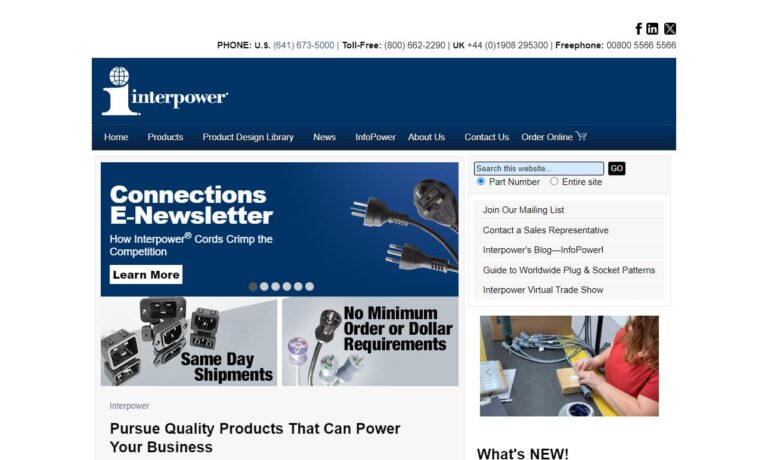
Our plug adapters are guaranteed to bring you a lifetime of value. Our staff is committed to bringing you only the most reliable products that are available. We will find solutions for your cord needs regardless of how difficult the job may be.
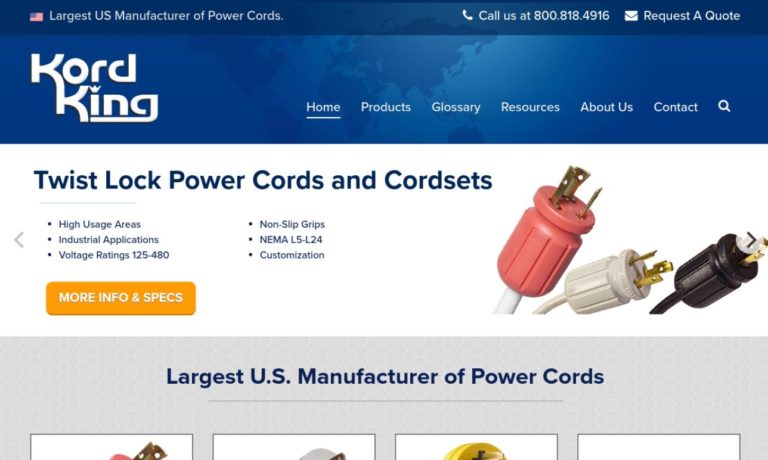
At Conntek, we have many years of experience manufacturing electronic connectors for a variety of industries. We believe in offering a variety of services to our customers, and we extensively test all of our products for multiple environments. You can learn more about us when you contact us today or visit us online! We can't wait to hear from you!

Qualtek Electronics is a RoHS compliant & ISO 9001:2000 certified supplier of power components including cordsets, international and domestic power cords, circuit breakers, AC receptacles and more. We also provide fan accessories, heat shrinkable tubing, EMI power line filters and cable assemblies.
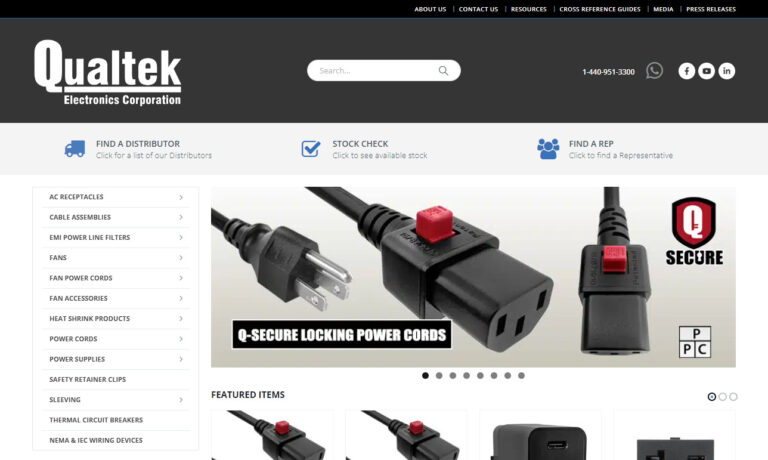
More Power Supply Cord Manufacturers
Power supply cords vary in length according to intended use and application, but in cases where a longer cord is required, extension cords would be more likely to be used. Typically power supply cords are flexible, although they can be semi-rigid, and have an electrical plug at one end that is used to connect to a wall socket.
The configurations of the plug and socket need to match as the successful transfer of energy is dependent upon the tight fit between the corresponding prongs of the electrical plug and the openings of the socket, or electrical receptacle. The size of the cord wire is determined by the amount of voltage that is required to flow through the cord. Cord wire sizes and current carrying capacities are designated in accordance with the American Wire Gauge standards.
As with any component used in the transfer of electrical energy, there are safety precautions to take into consideration. Personal injury, death, and/or property damage can occur as a result of the deterioration, malfunction, or misuse of electrical equipment, including power supply cords.
When determining the appropriate electric cord for an application, electric cord manufacturers adhere to specifications concerning voltage rating, current, length, wire size, protective materials, as well as plug configuration.
The National Electrical Manufacturers Association (NEMA) determines the standards in North America for plug and power cord production, and other countries with their own testing standards and voltage capabilities set and adhere to their own standards. Manufacturing standards help to maintain consistency within the field of power cord production and decrease the chances of malfunctions due to quality standards.
Polarization of an electric plug at the end of a power supply cord ensures that the equipment is connected to the neutral, or grounded, side of the circuit, and reduces the risk of potential electric shock to those handling the equipment. This is an important manufacturing consideration and sensitive electrical equipment and products should only be used with polarized or grounded power supply cords.

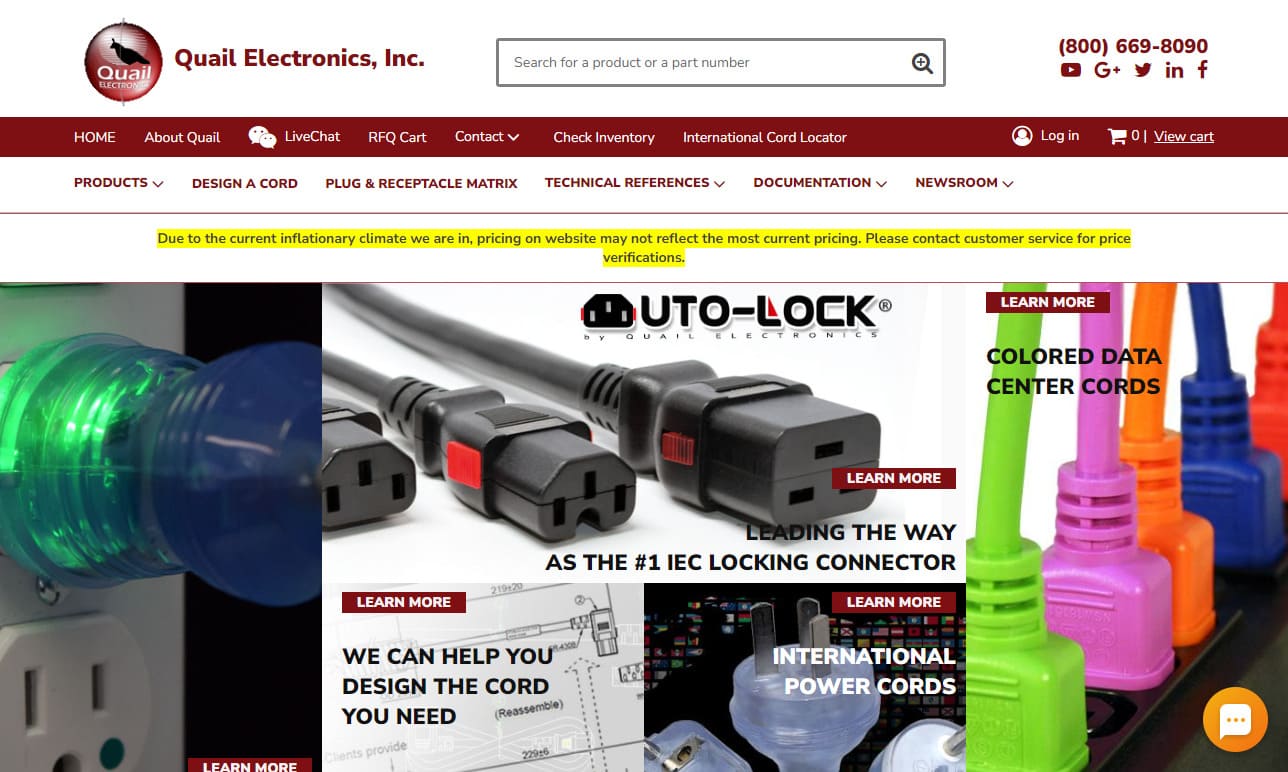
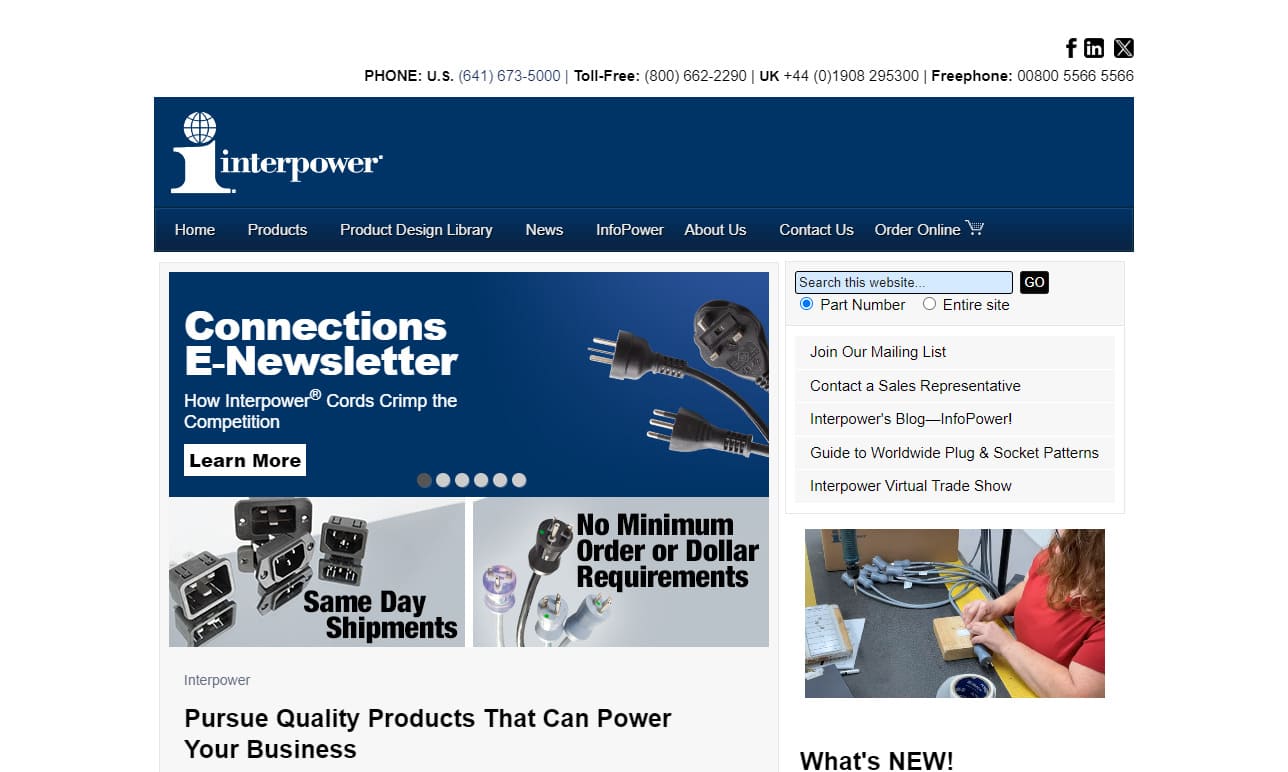
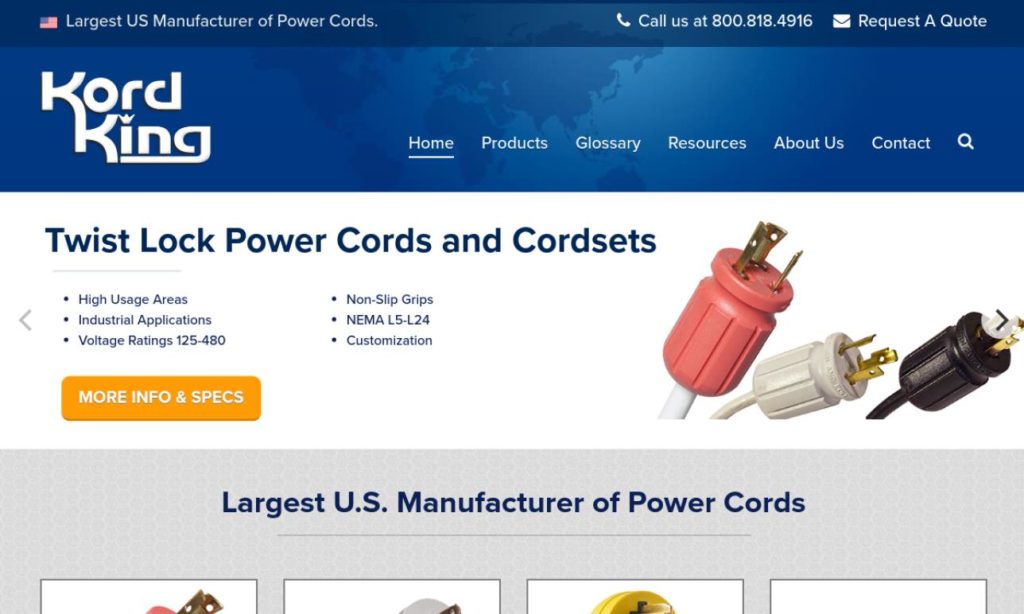

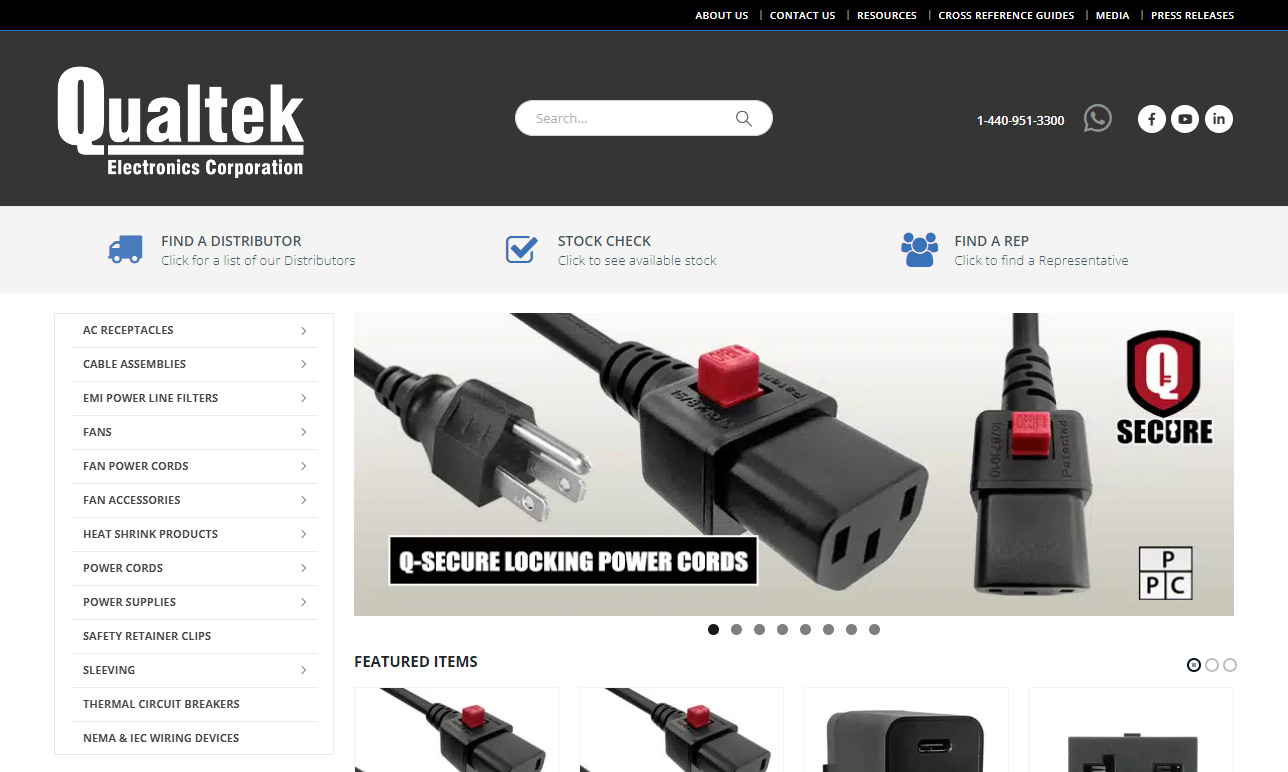
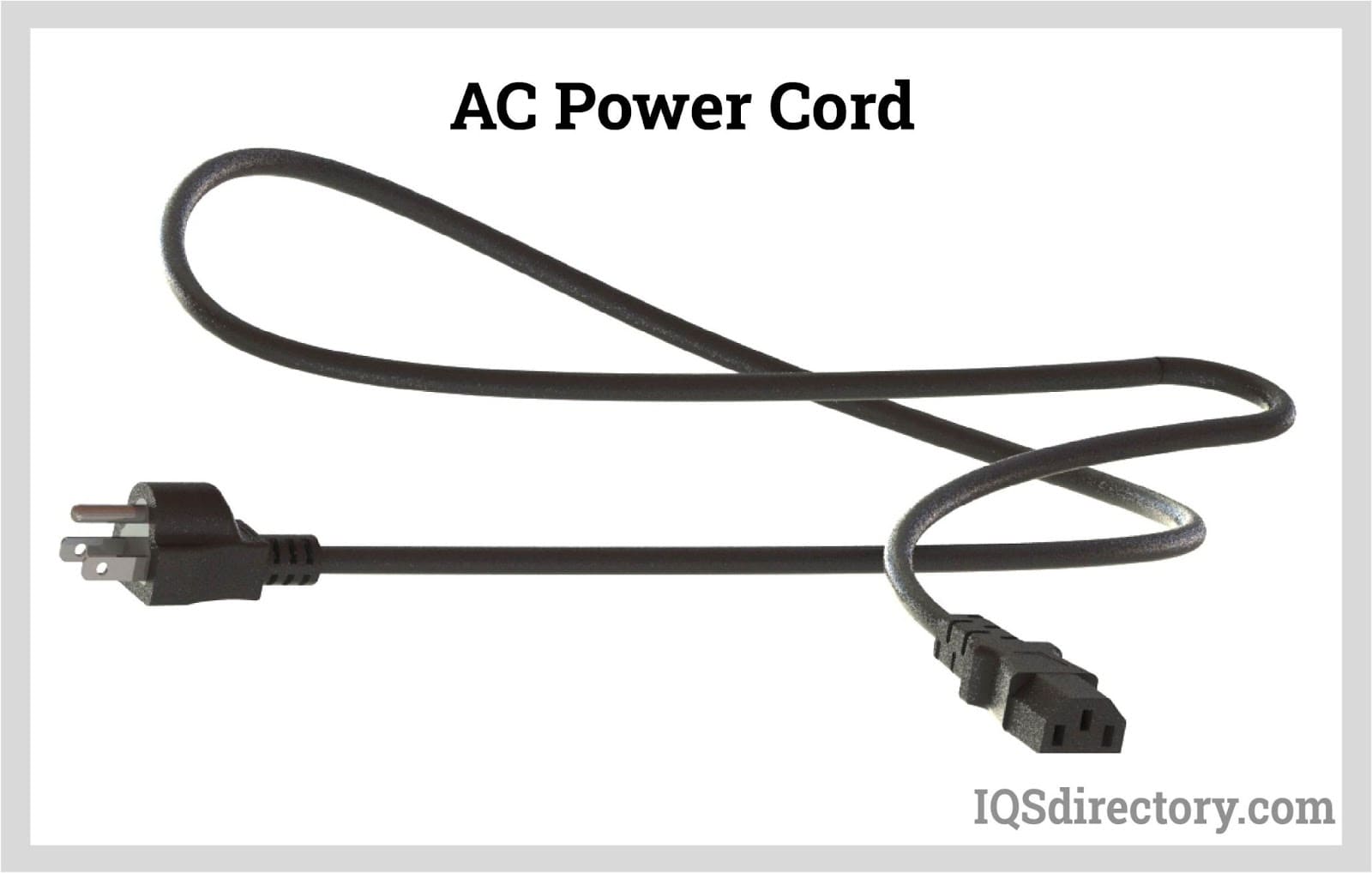
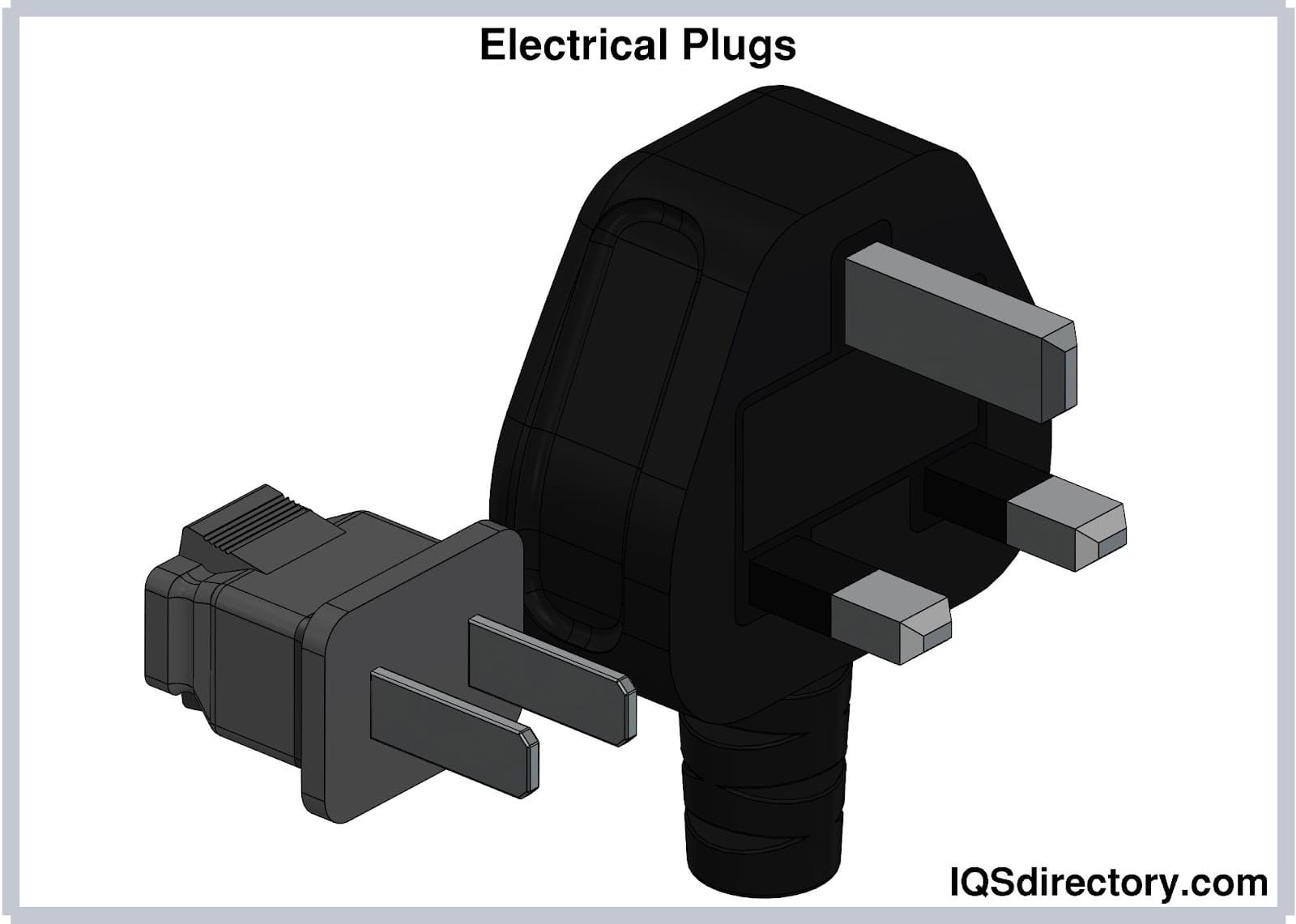
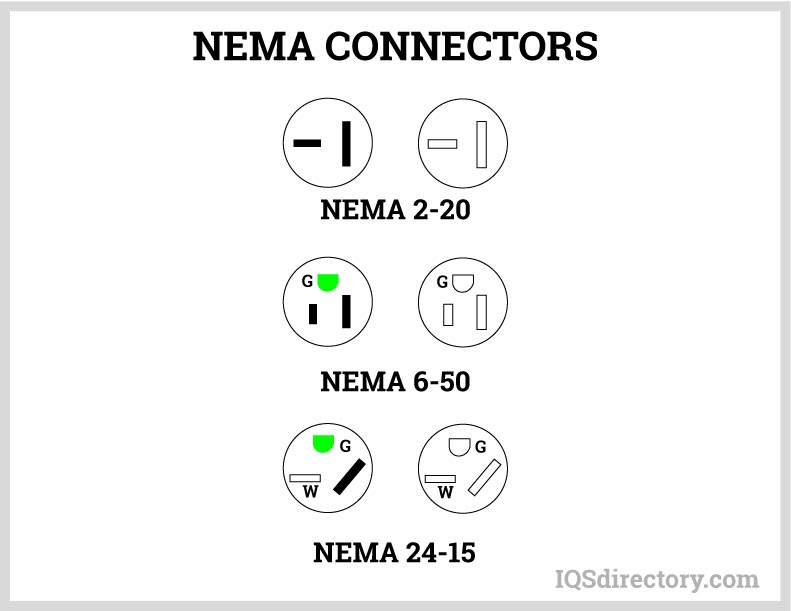
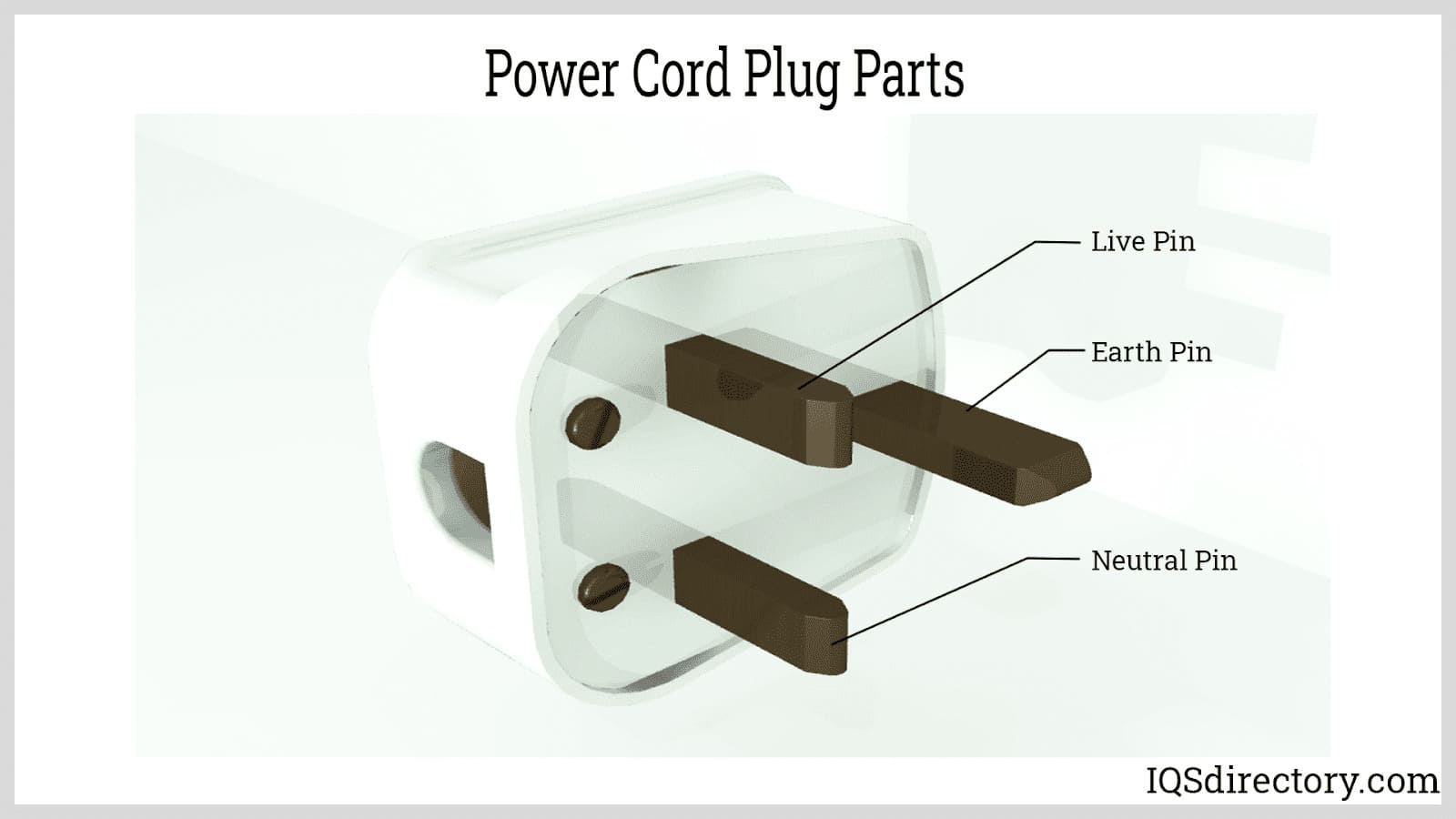
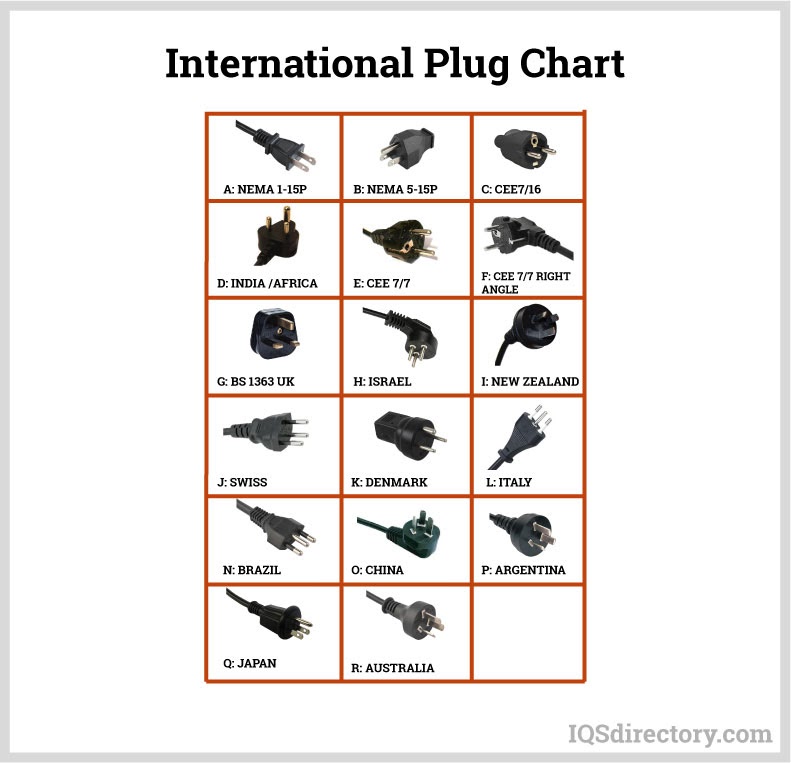
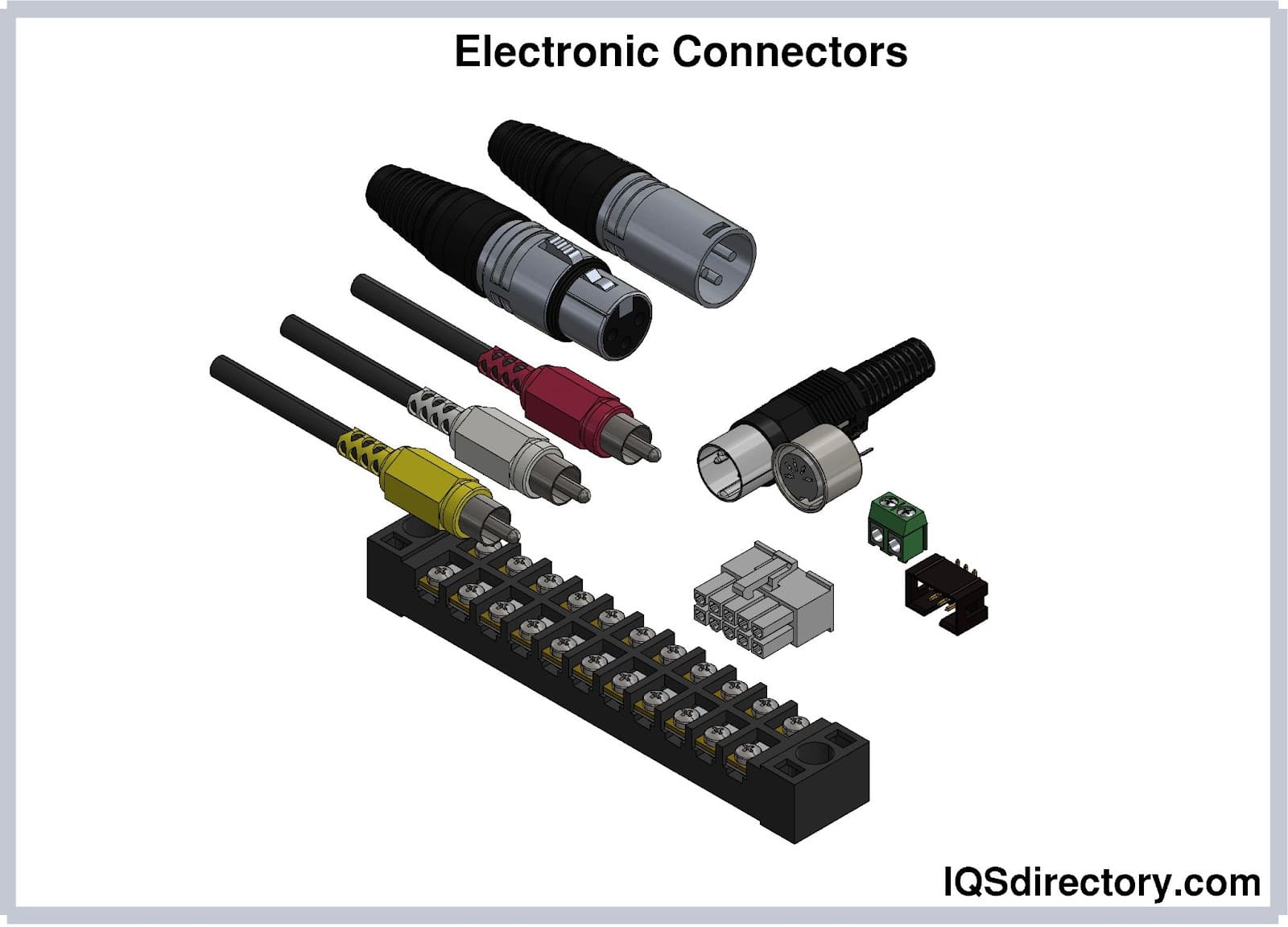
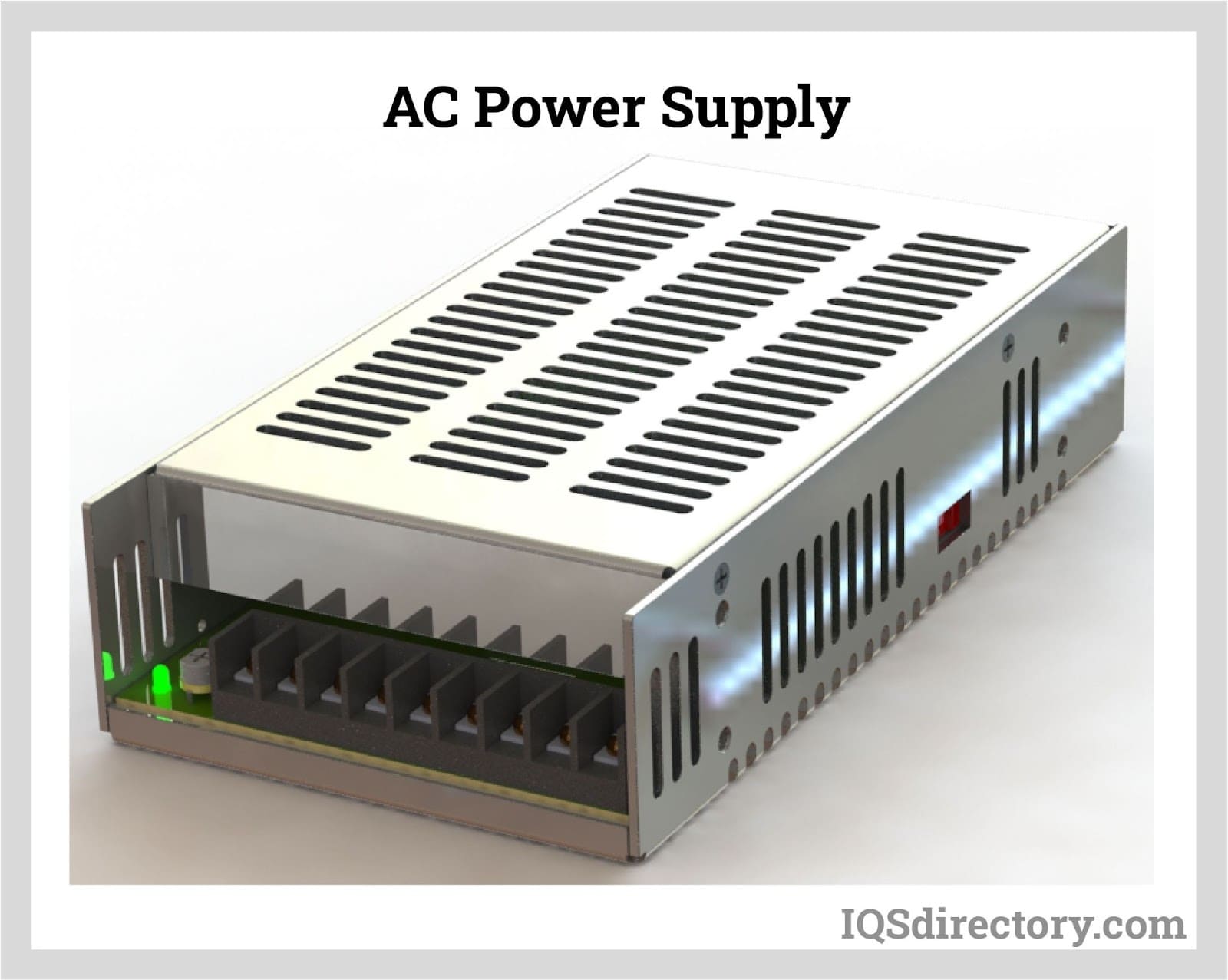
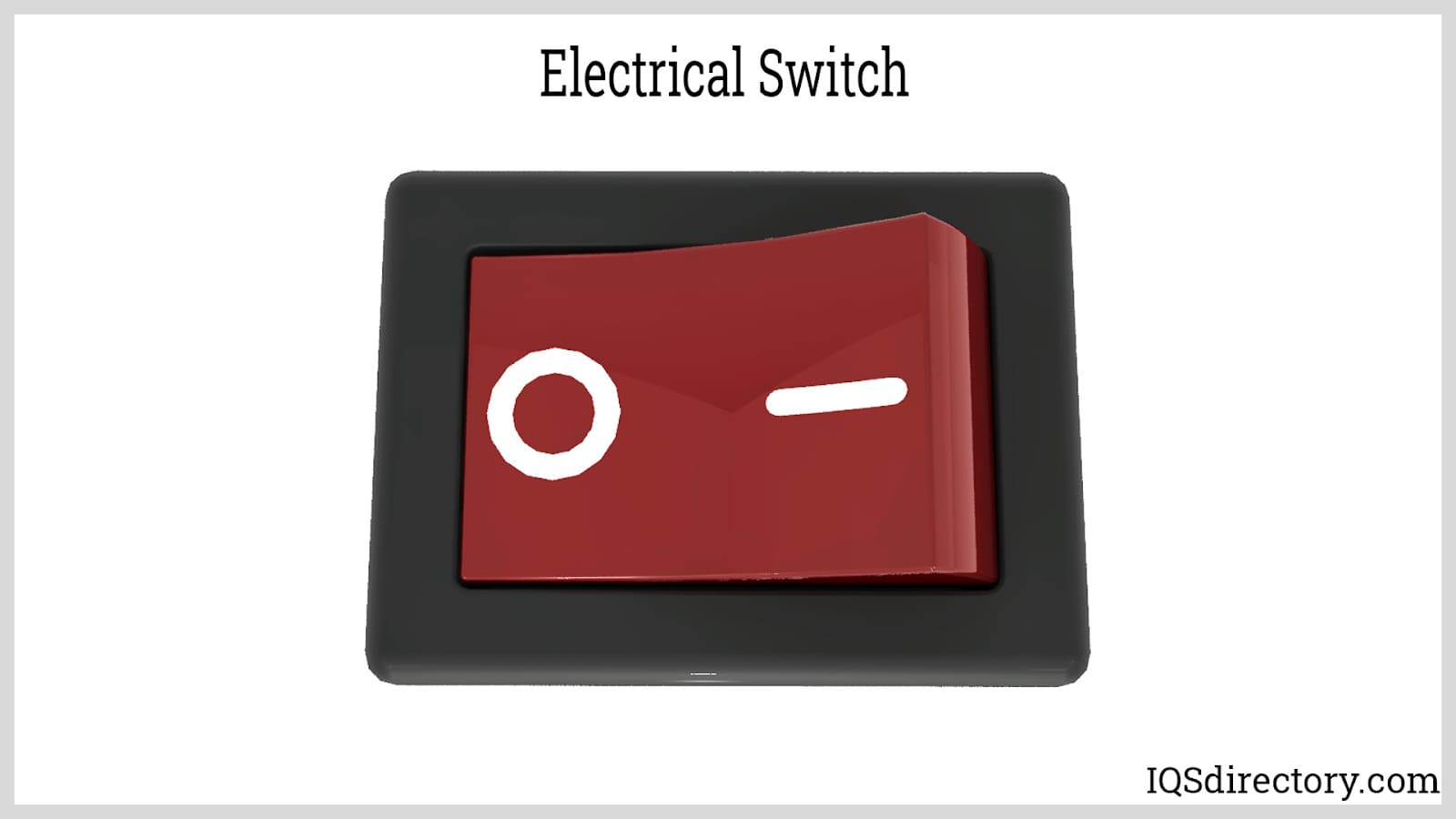
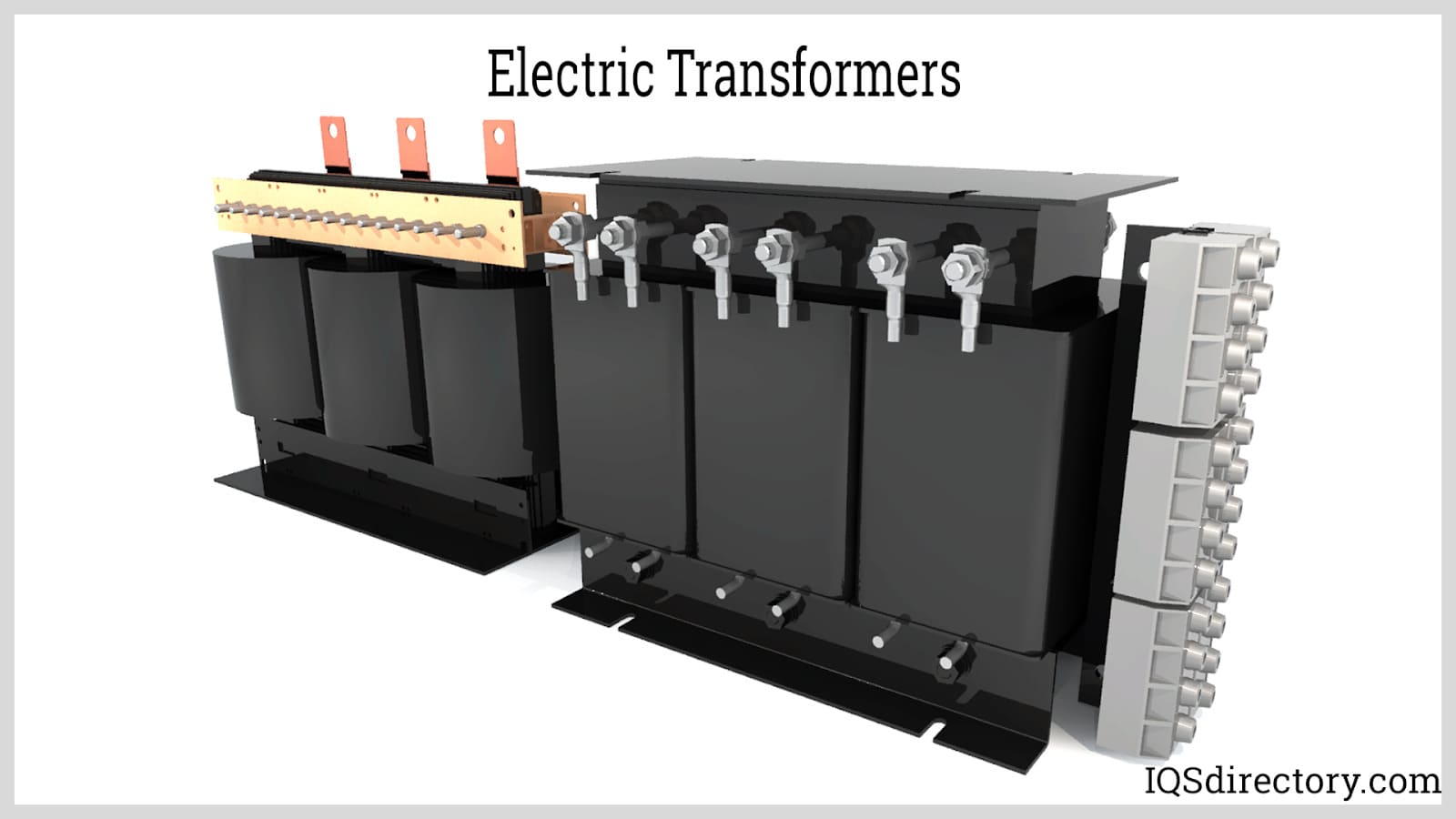
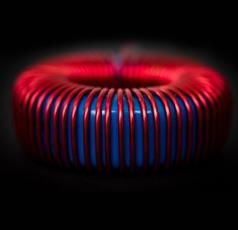 Electric Coils
Electric Coils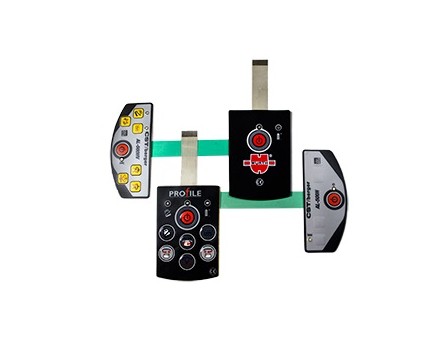 Electric Switches
Electric Switches Electric Transformers
Electric Transformers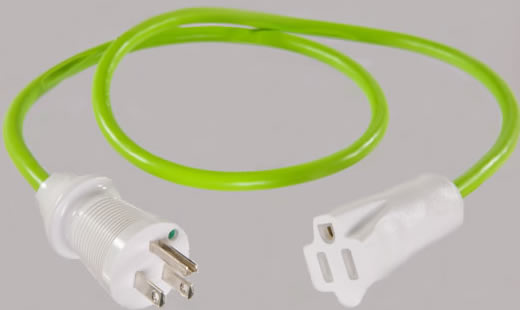 Electronic Connectors
Electronic Connectors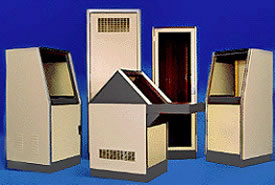 Electronic Enclosures
Electronic Enclosures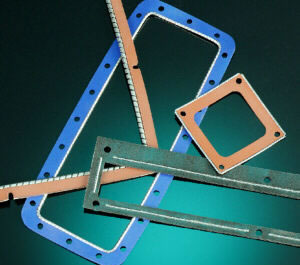 EMI Shielding
EMI Shielding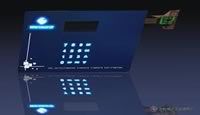 Membrane Switches
Membrane Switches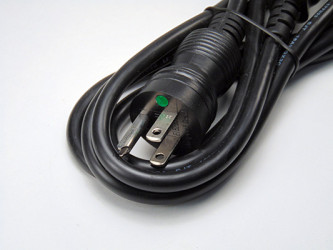 Power Cords
Power Cords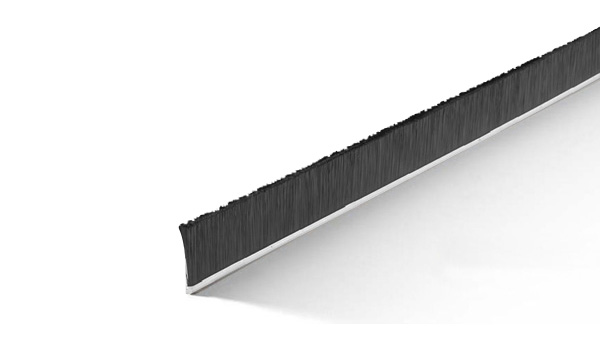 Static Eliminators
Static Eliminators Castings & Forgings
Castings & Forgings Bulk Material Handling
Bulk Material Handling Electrical & Electronic Components
Electrical & Electronic Components Flow Instrumentation
Flow Instrumentation Hardware
Hardware Material Handling Equipment
Material Handling Equipment Metal Cutting Services
Metal Cutting Services Metal Forming Services
Metal Forming Services Metal Suppliers
Metal Suppliers Motion Control Products
Motion Control Products Plant & Facility Equipment
Plant & Facility Equipment Plant & Facility Supplies
Plant & Facility Supplies Plastic Molding Processes
Plastic Molding Processes Pumps & Valves
Pumps & Valves Recycling Equipment
Recycling Equipment Rubber Products & Services
Rubber Products & Services